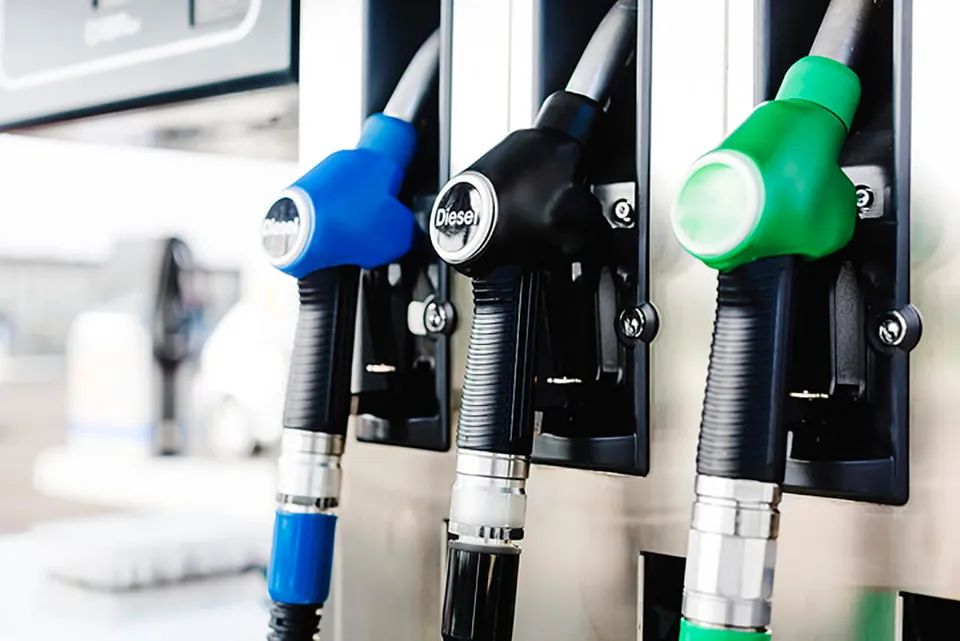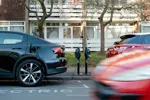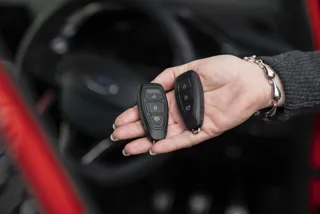The number of company car drivers having private fuel paid for by their employer continues to fall, new data from HMRC suggests, but some 12% of drivers still receive the benefit.
There has been a general downward trend in the number of company car drivers receiving so-called ‘free’ fuel over recent years, according to newly published benefit-in-kind (BIK) statistics.
In 2010/11, the number of recipients of car fuel benefit was 250,000, costing £360 million in tax and National Insurance Contributions (NICs).
Provisional figures from HMRC suggest that fell to 110,000 in 2018/19, while the tax take for the Treasury was still a healthy £260m.
HMRC says the downward trend is likely to reflect rising fuel prices, causing employers and employees to look more carefully at whether free fuel resulted in a tax charge commensurate with the true value of the benefit.
Car fuel benefits are often costly from a tax perspective, because the taxable benefit is fixed and takes no account of the actual private use in the year. This can result in the tax being paid on the fuel benefit outweighing the cost of actual fuel used for private journeys.
On a new 1.6 diesel VW Passat, for example, the private fuel tax charge for 2020/21 is £3,430. Tax specialist Harvey Perkins, a director at HRUX, said: “If you’re doing 10,000 private miles a year, you’ll pay £3,430 in tax, as a 40% taxpayer, to save around £1,000 in fuel, which means your effective tax rate is around 350%.
“You’d need to do 35,000 private miles before you’d paid less in tax than you would have done for the fuel. Despite this, one-in-eight company car drivers still take private fuel.”
The position for the employer is even worse, says Perkins. “Let’s say the employee takes the private fuel because they do 36,000 private miles, so they just about pay less tax than the fuel cost they save.
“However, to give them this tiny benefit, the employer pays for all the fuel – let’s call that £3,500 – and Class 1A NIC of £1,183. That’s a total of £4,683 to give the employee a couple hundred quid. Both sides would be better off if the fuel was stopped and the employer paid a small buy-out.”
COMPANY CAR EMISSIONS
The HMRC data also revelas that in 2017/18, the last year for which figures are available, 91% of the company car parc emitted 134g/km of CO2 or less, up from 87% in 2016/17.
Two-in-five company cars (40%) had emissions of 104g/km or less – an increase on the 37% previously. Average emissions were 111g/km.
In 2002/03 just a third (33%) of company cars used diesel and more than half (58%) reported emissions in excess of 165g/km.
But the CO2--based company car tax regime also introduced in 2002 helped drive down average company car emissions and saw diesel dominate.
The HMRC data shows that about 75% of company cars used diesel fuel in 2017/18, down from 79% in 2016/17.
New car sales data suggests this will decline even further, with diesel’s share of the UK new car market just 25.2% in 2019, down from 31.5% in 2018 and 42% in 2017 due to concerns over air quality following dieselgate in 2015 and rises in BIK levels. Fleets have also continued to report a move away from the fuel.
Thanks to new company car tax rates, which include a zero BIK percentage rate for pure electric vehicles (EVs) this tax year (2020/21), leasing companies have reported a recent surge in plug-in orders.
But only about 1,000 employees reported company cars with zero emissions in 2017/18, down from around 2,000 in 2016/17.
Company cars classed also as ultra-low emission vehicles (ULEVs), however, almost doubled year-on-year, from 29,000 in 2016/17 to around 47,000 the following year. It remains to be seen what impact the Worldwide harmonised Light vehicle Test Procedure (WLTP) may have on emissions.
All newly type-approved car models have been subject to the test since September 2017, while all other new cars had to be rehomologated from September 2018.
WLTP replaced NEDC (New European Drive Cycle), which had been criticised for failing to represent real-world fuel consumption. The more accurate test has resulted in higher CO2 values, which have been used for tax purposes on all new cars since April 2020.
HMRC says the change to WLTP does not appear to have had a significant impact on the 2018/19 figures.
This article was first published in the October edition of Fleet News.























The Engineer - 02/11/2020 23:42
Lets face it, people still taking private fuel benefits will only be people pretty near the top of the company tree or owners running something highly gas guzzling such as a supercar or performance petrol SUVs, they probably still benefit.